Forage
All Forage Content
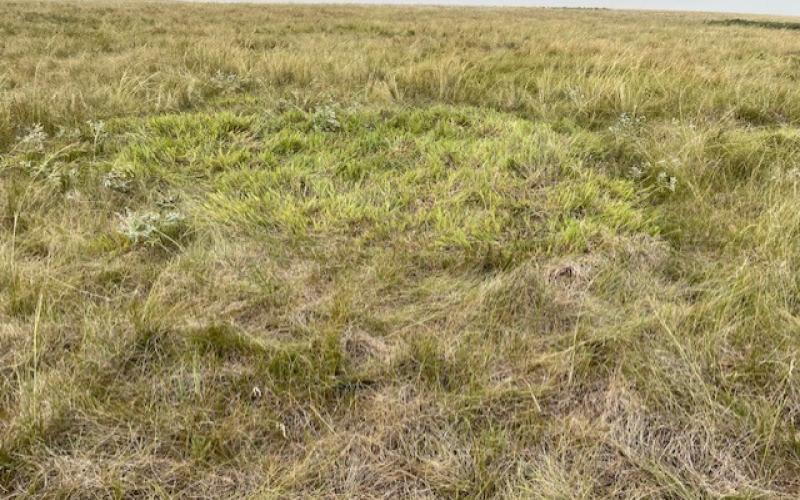
Targeted Grazing Strategies for Kentucky Bluegrass Control
Fact sheet for targeted grazing strategies for Kentucky bluegrass control.
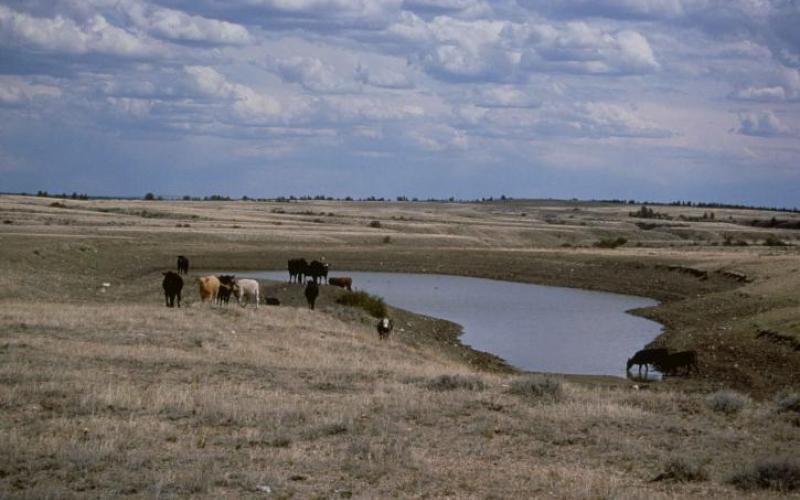
Ranch Drought Planning
Fact sheet with general drought planning tips from the range and natural resource perspective.
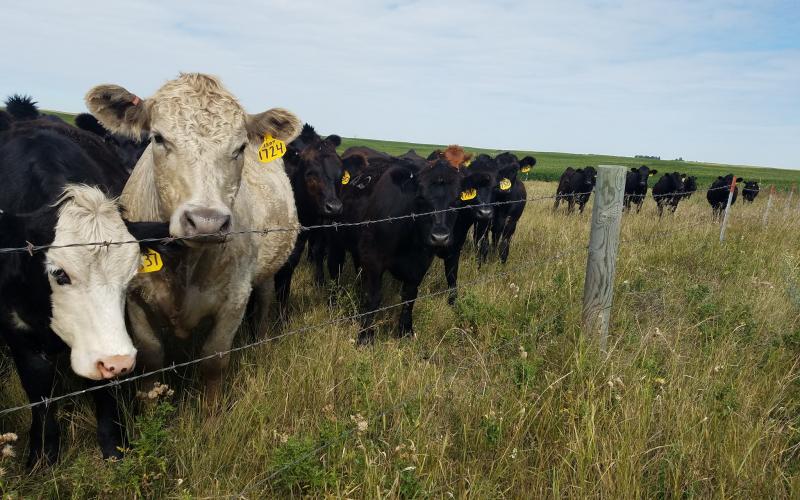
Cows Eat Weeds
By utilizing grazing as a means of cultural control, producers have the potential to decrease input expenses while reaping the benefits of inexpensive weed control through animal nutrition.
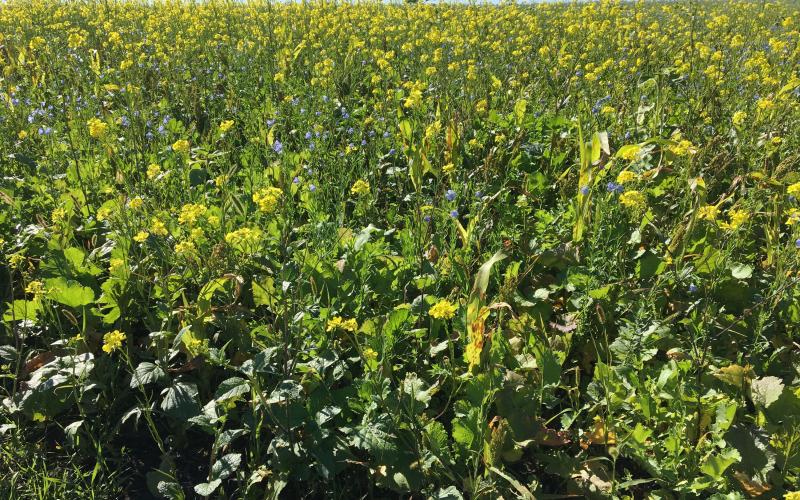
Herbicide Considerations for Cover Crop Planting in 2019
Long residual pre-emergent or early post-emergent herbicides may cause stand reduction or complete failure of cover crops. Depending on efficacy of the herbicide, each situation can both affect in-season and/or post-harvest cover crop establishment.
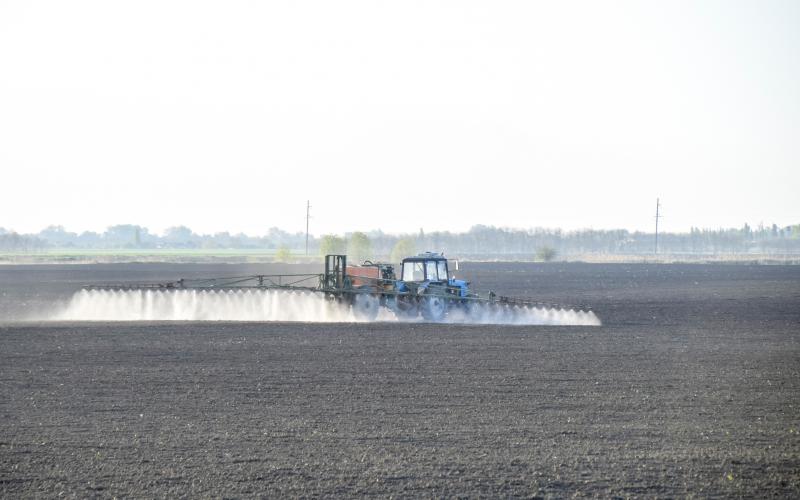
Herbicide Rotation Restrictions
This is a quick reference guide to common herbicides and their rotation restrictions for selected crops.
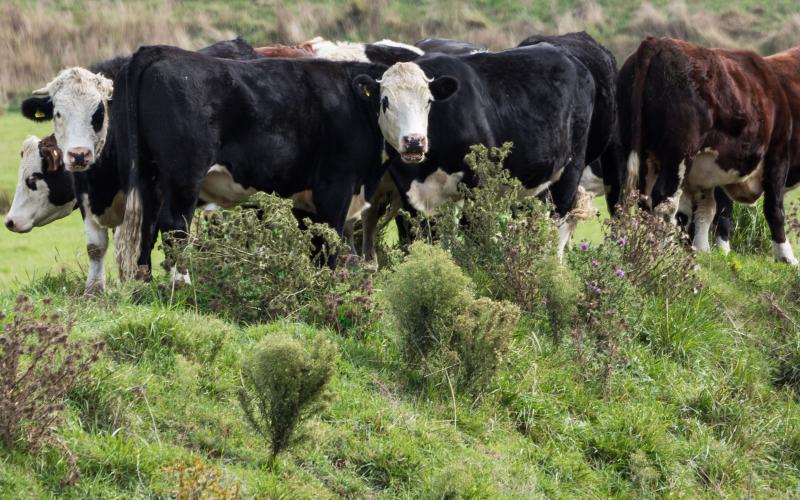
Alternative Pasture Weed Control
The term ‘weed’ can be broadly applied to any plant that is undesirable at any given time and place based on certain criteria. It is important to understand that the word ‘weed’ has become a general term with no universal definition, and many plants are considered to be weeds, depending on location.
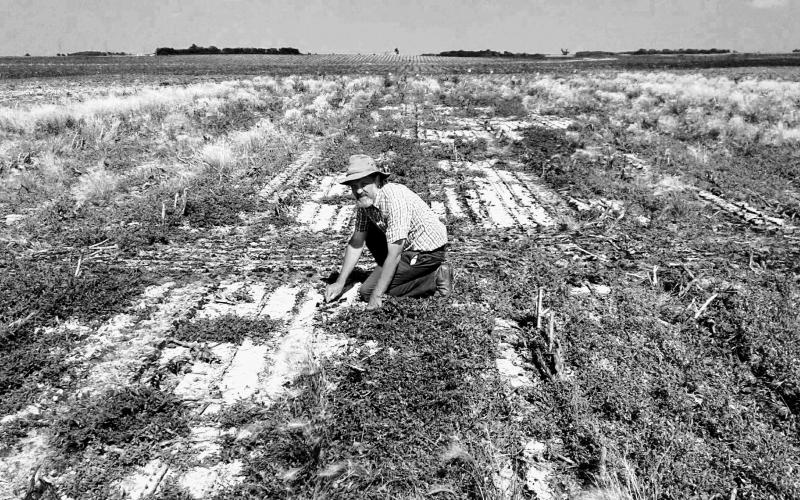
Perennial Solutions for Alkali Areas
Reclaiming marginal lands, especially those considered saline or sodic can be very challenging and may take many years to accomplish. The key to turning around salt or alkali areas in your fields, begins with getting a living root established in the affected area.
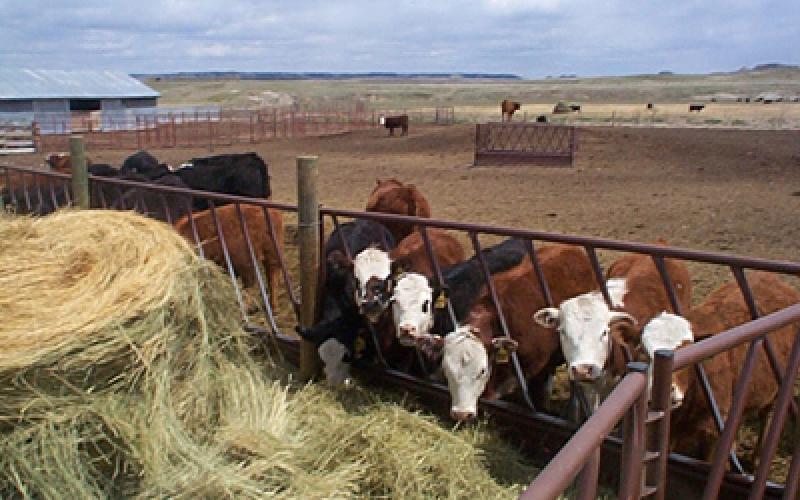
Herd Management: Keep or Cull During a Drought?
Drought forces unexpected changes so it’s critical to have a strategy to keep only the “right” females that will benefit the operation.
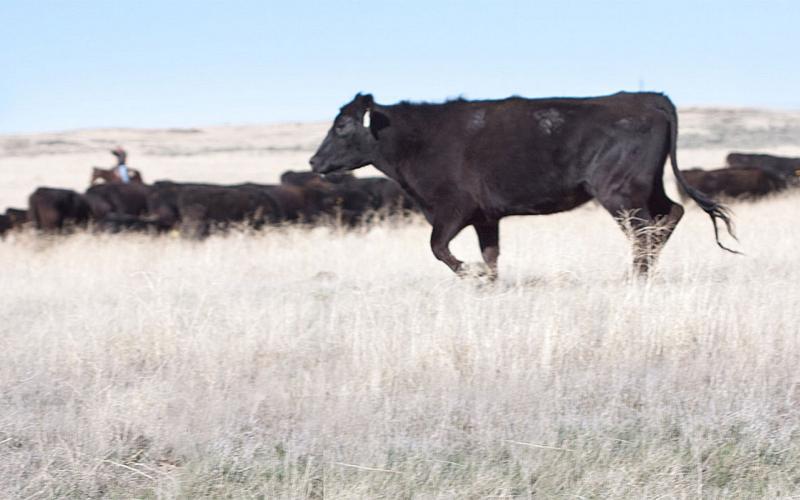
Trigger Dates: Critical Decisions for Drought Management
Having a drought plan in place ensures that you can overcome the inhibitions surrounding a drought response, the basis of which is figuring out trigger dates.
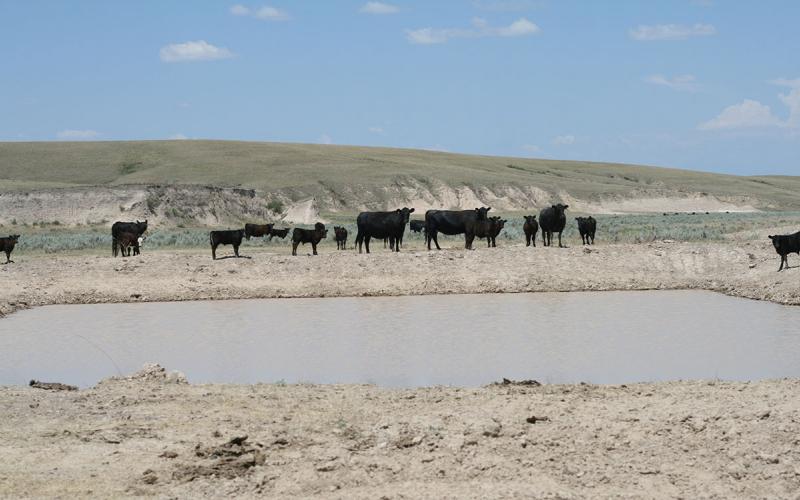
Drought Planning
A drought plan will be an essential component to your overall grazing plan, as it provides guidance in making decisions during critical times when forage may be lacking.